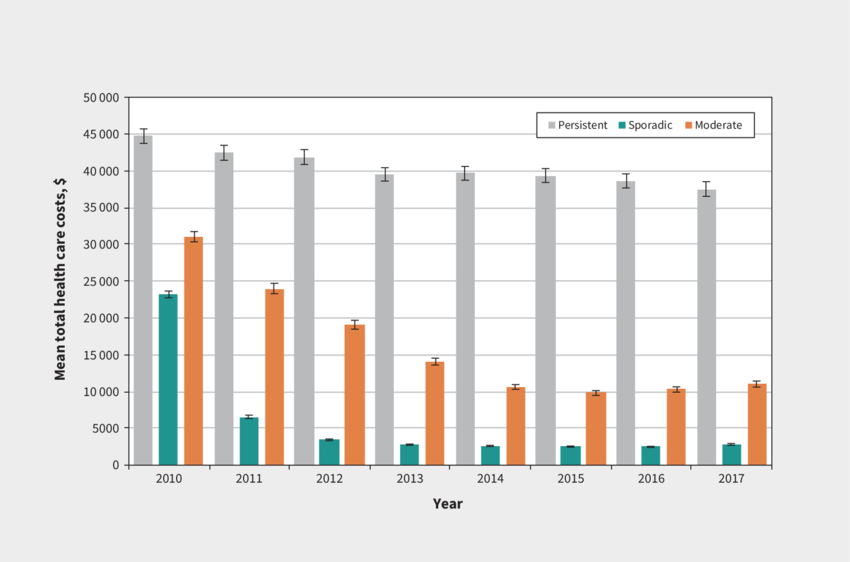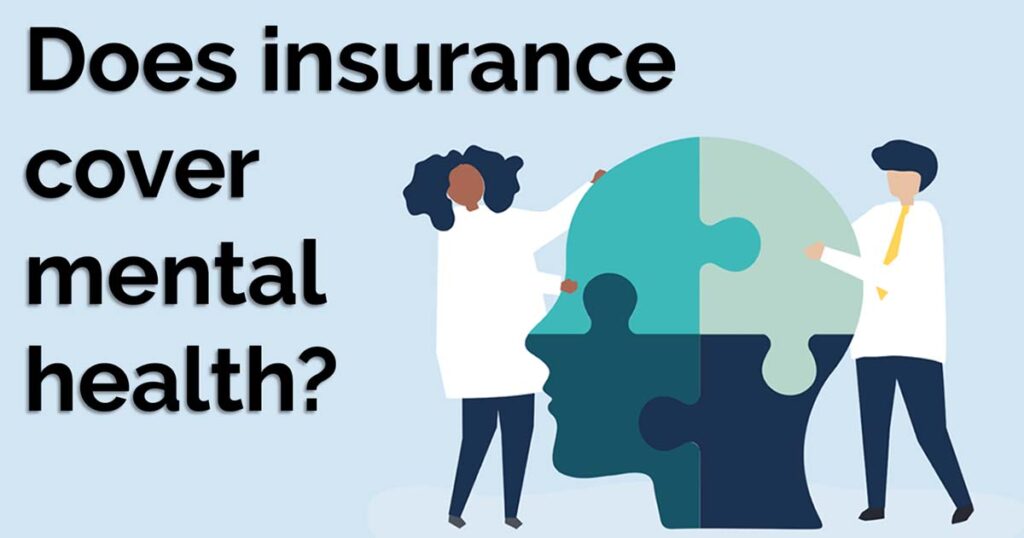Mental health is a crucial aspect of our overall well-being, yet it often doesn’t get the attention it deserves. In recent years, there has been a significant rise in awareness surrounding mental health issues and the importance of seeking treatment. This increased awareness has also increased demand for mental health services, highlighting the need for accessible and affordable care.
Understanding the costs associated with mental health treatment can be daunting. Many people avoid seeking help due to the fear of high expenses. However, the cost of mental health treatment varies widely depending on several factors, including the type of professional, the nature of the treatment, and insurance coverage.
In this article, we will delve into the various aspects that influence the cost of mental health treatment, explore different types of mental health professionals and treatments, and provide insights into budgeting for mental health care. Whether you’re considering therapy for the first time or looking to understand your options better, this comprehensive guide will help you navigate the financial aspects of mental health treatment.
Understanding Mental Health Treatment Costs
When it comes to mental health treatment, costs can fluctuate significantly. It’s essential to understand that mental health treatment is not one-size-fits-all. Various factors contribute to the overall cost, making it important to evaluate your specific needs and circumstances.
Mental health treatment encompasses a range of services, from psychotherapy and medication to inpatient and outpatient care. The type of treatment you require will significantly influence the cost. Additionally, the experience and qualifications of the mental health professional, the location of services, and whether you have insurance coverage all play pivotal roles in determining expenses.
Types of Mental Health Professionals
Psychiatrists
Psychiatrists are medical doctors who specialise in diagnosing and treating mental health conditions. They can prescribe medication and often work with patients who require a combination of medication management and psychotherapy. Given their medical training, psychiatrists typically charge more than other mental health professionals.
Psychologists
Psychologists hold doctoral degrees in psychology and specialise in evaluating and treating mental health issues through therapy. They do not prescribe medication but provide various forms of psychotherapy. The cost of seeing a psychologist can vary based on their experience and location.
Therapists/Counsellors
Therapists and counsellors include licensed clinical social workers (LCSWs), marriage and family therapists (MFTs), and other professionals with master’s degrees in counselling or related fields. They offer therapy and counselling services, often at a lower cost compared to psychologists and psychiatrists.
Social Workers
Social workers with clinical training provide counseling and support for mental health issues. They work in various settings, including hospitals, community health centers, and private practice. Their services are generally more affordable, especially in community settings.
Different Types of Mental Health Treatments
Psychotherapy
Psychotherapy, or talk therapy, involves working with a mental health professional to address emotional and psychological issues. Common types include cognitive-behavioral therapy (CBT), psychodynamic therapy, and interpersonal therapy. The cost of psychotherapy varies based on the therapist’s qualifications and the length of sessions.
Medication
Psychiatrists can prescribe medication to help manage symptoms of mental health conditions such as depression, anxiety, and bipolar disorder. The cost of medication depends on whether you are prescribed generic or brand-name drugs and if you have insurance coverage.
Inpatient Treatment
Inpatient treatment involves staying at a facility for intensive care, often used for severe mental health conditions or crises. It includes a combination of therapy, medication, and supervision. Inpatient care is usually more expensive due to the comprehensive services provided.
Outpatient Treatment
Outpatient treatment allows patients to live at home while attending scheduled therapy sessions and appointments. It is generally less expensive than inpatient care but still provides essential support for managing mental health conditions.
Alternative Therapies
Alternative therapies include treatments such as acupuncture, yoga, meditation, and art therapy. These can be supplementary to traditional treatments and vary in cost depending on the practitioner and setting.
Factors Influencing the Cost of Mental Health Treatment
Type of Professional
The cost of mental health treatment is largely influenced by the type of professional you choose. Psychiatrists, due to their medical training, typically charge more than psychologists, therapists, or social workers.
Treatment Method
Different treatment methods have varying costs. Psychotherapy sessions, medication, inpatient care, and alternative therapies all come with different price tags.
Duration and Frequency of Sessions
The length and frequency of your sessions will impact the overall cost. Weekly sessions over several months will cost more than a few consultations.
Geographical Location
The cost of mental health services varies by location. Urban areas tend to have higher rates compared to rural areas due to the higher cost of living and demand for services.
Insurance Coverage
Having insurance can significantly reduce out-of-pocket costs for mental health treatment. However, the extent of coverage varies between insurance plans and providers.
Average Costs of Mental Health Treatments
Cost of Seeing a Psychiatrist
On average, an initial consultation with a psychiatrist can range from £150 to £300, with follow-up sessions costing between £75 and £200. These costs can vary based on location and the psychiatrist’s experience.
Cost of Seeing a Psychologist
Psychologists typically charge between £60 and £150 per session. The cost can be higher for psychologists with extensive experience or specialised expertise.
Cost of Therapy Sessions
Therapists and counselors generally charge between £40 and £100 per session. Community health centres may offer sliding scale fees based on income.
Costs of Medication
The cost of psychiatric medication varies widely. Generic medications can cost as little as £5 to £30 per month, while brand-name drugs can range from £50 to £200 or more per month.
Costs of Inpatient vs. Outpatient Treatment
Inpatient treatment can cost several thousand pounds per week, depending on the facility and level of care required. Outpatient treatment is less expensive, with costs ranging from £30 to £200 per session.

Insurance and Mental Health Coverage
Understanding Mental Health Insurance
Mental health insurance helps cover the cost of treatment for mental health conditions. Policies vary, so it’s essential to understand what your plan covers.
Types of Insurance Plans
Insurance plans can include private insurance, employer-sponsored insurance, and government-funded programs like the NHS or Medicaid. Each has different levels of coverage for mental health services.
What Insurance Typically Covers
Insurance may cover therapy sessions, medication, inpatient and outpatient care, and emergency mental health services. Some plans also cover alternative therapies.
Out-of-Pocket Costs
Despite having insurance, you may still incur out-of-pocket costs such as co-pays, deductibles, and costs for services not covered by your plan.

Low-Cost and Free Mental Health Resources
Community Health Centres
Community health centres offer affordable mental health services based on a sliding scale fee structure, making them accessible to low-income individuals.
Non-Profit Organisations
Non-profits like Mind and Samaritans provide free or low-cost mental health support through counselling, hotlines, and support groups.
Online Resources and Telehealth
Online therapy platforms offer affordable and convenient access to mental health professionals. Many telehealth services provide lower rates compared to in-person sessions.
Support Groups
Support groups, often free, offer a community-based approach to mental health support. They can be found in local communities or online.